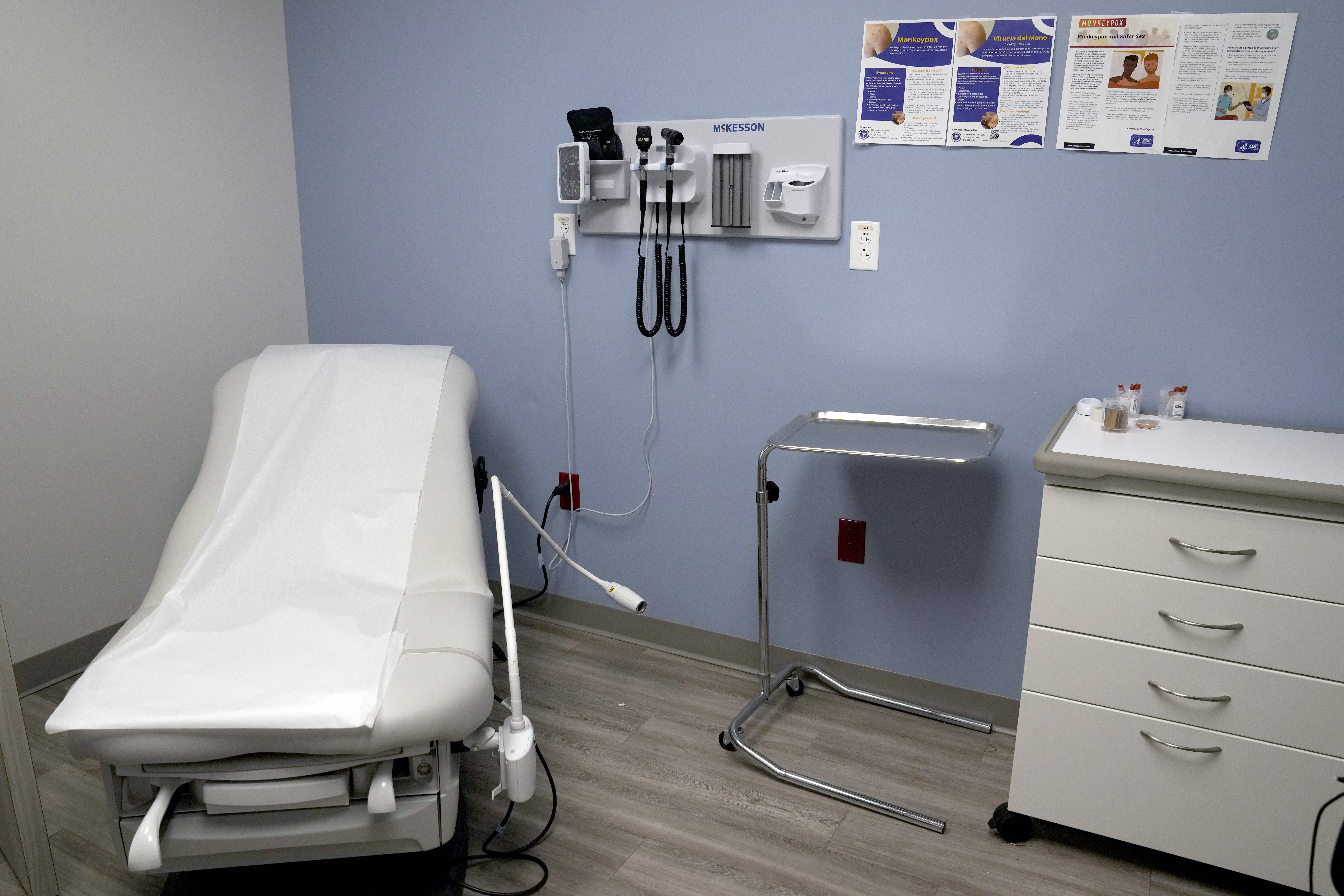The deluge of calls began in mid-August and continued to flood the Channel Islands Marine and Wildlife Institute over the weekend.
Sick sea lions were being reported along the Southern California coast.
Since Aug. 15, the marine and wildlife rescue organization has been 'inundated' with similar calls from beachgoers.
"Our volunteer team has been working from sunrise to sunset to respond to each report and the animals in distress," the agency said Sunday in an Instagram post. "We are responding to 50-100 calls a day with multiple reports on individual animals."
Get San Diego local news, weather forecasts, sports and lifestyle stories to your inbox. Sign up for NBC San Diego newsletters.
The culprit appears to be domoic acid poisoning. The naturally occurring neurotoxin is produced in phytoplankton, small floating plants in the ocean. When a specific type of marine algae blooms in large patches, the toxin can be especially dangerous to marine mammals and birds, attacking the brain and heart.
Domoic acid can be fatal to humans if consumed in high doses, usually by eating affected seafood.
U.S. & World
Nearly all of the recent cases involve adult female sea lions.
Sea lions and other animals might display typical signs of poisoning that include disorientation, agitation, head bobbing and weaving, swaying back and forth, foaming at the mouth, bulging eyes, muscle spasms, seizures, inability to move out of the water, unresponsiveness and potentially death, according to the Channel Islands Marine and Wildlife Institute.
The severity of the signs and potential damage to the brain and heart depend on the dose and frequency.
Signs usually subside after 72 hours as the body releases the toxin through urine, but CIMWI warned that wild animals might respond aggressively if they're approached. Experts advised keeping at least 50 feet away from animals in distress.
Care and treatment would require that the animals be removed from the beach, which comes with its own set of problems.
"The additional stress may affect the immediate survival of animals presenting with signs of DA," CIMWI said in its statement. "When possible and appropriate, CIMWI leaves marine mammals suspected of having Domoic Acid on the beach in a safety perimeter to give the animal space and time to work through the acute phase of the toxin."
Volunteers with the organization then check on the animals, keeping tabs on whether they're in need of immediate rescue.
Anyone who spots an animal in distress can call CIMWI’s Hotline at 805-567-1505.



